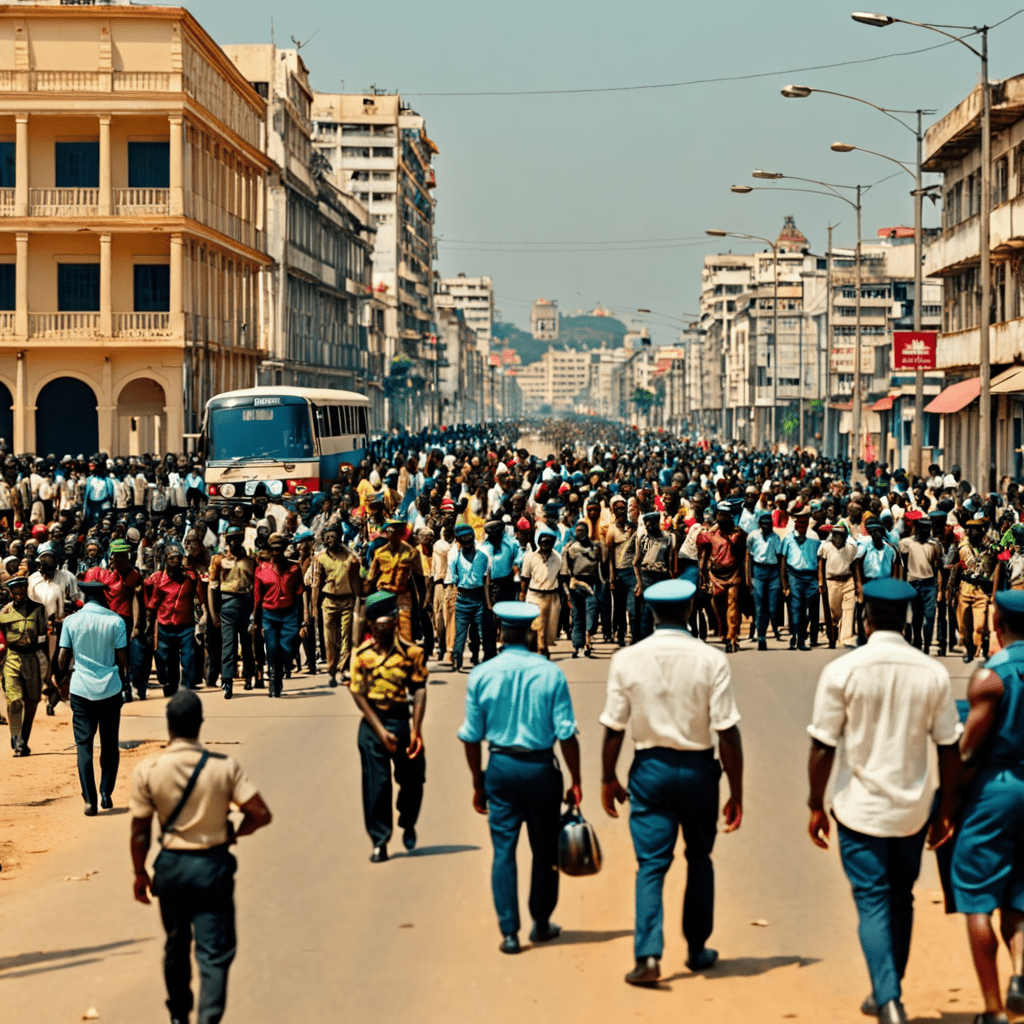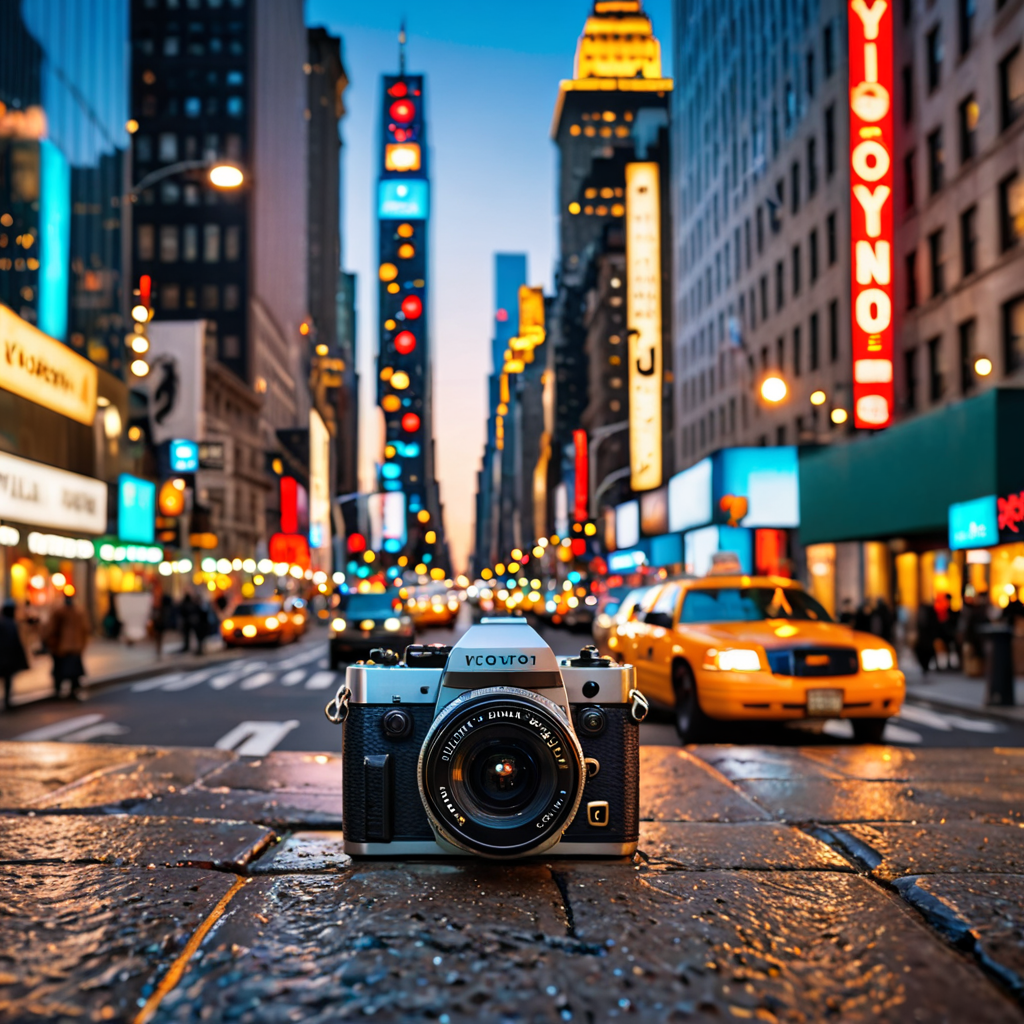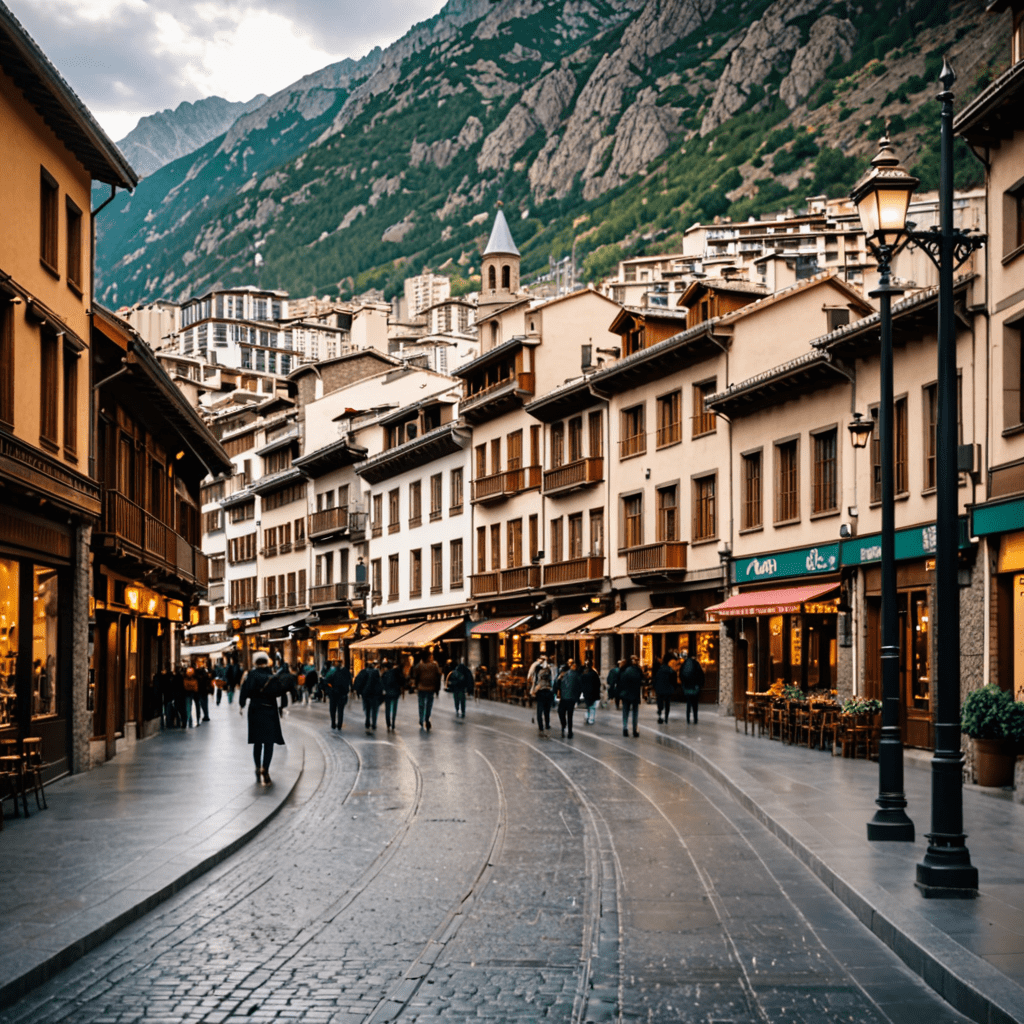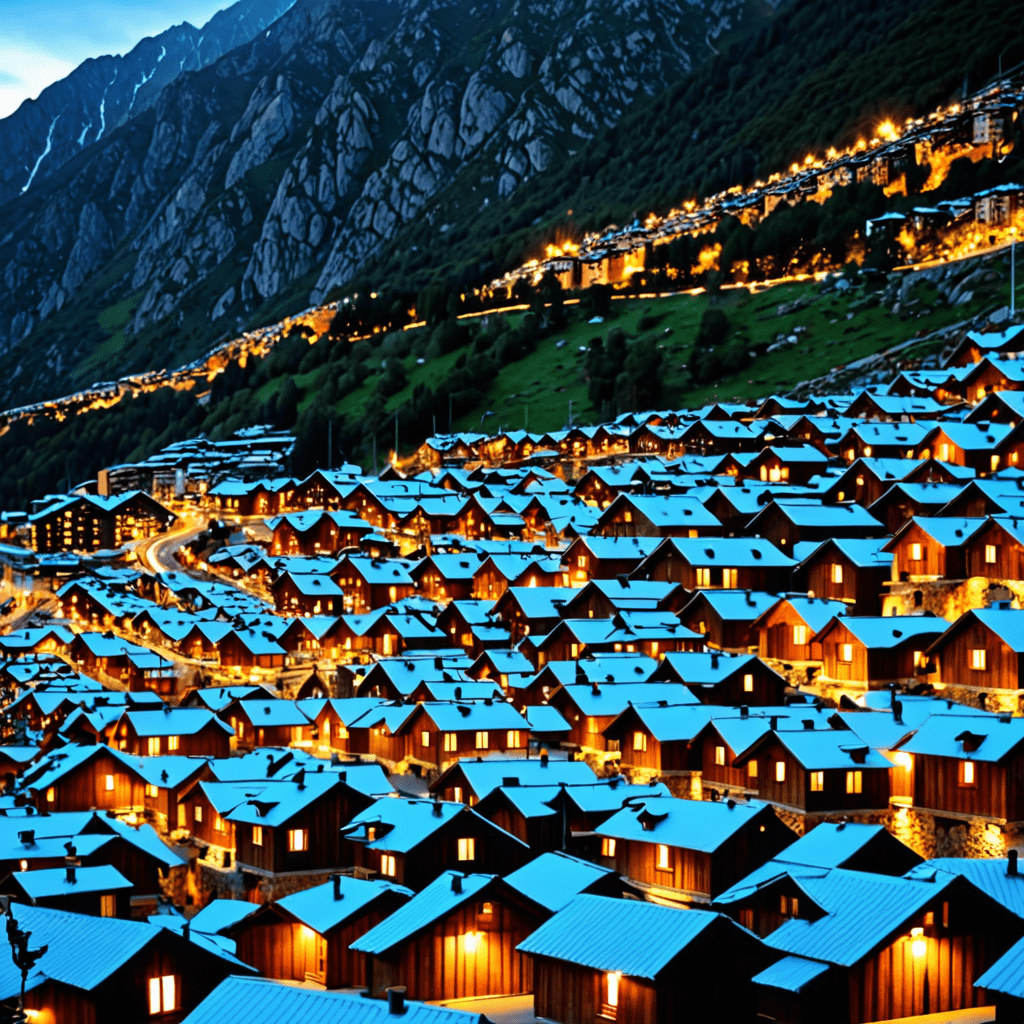
Angola’s Rich History of Resistance and Liberation
The Beginnings of Resistance
Angola has a deep-rooted history of resistance against colonial powers, with the emergence of movements like the Kimbundu and Kongo kingdoms that fiercely defended their territories.
Colonial Rule and Anti-Colonial Struggles
Portuguese colonization in Angola led to severe exploitation and oppression, fueling resistance movements such as the MPLA, UNITA, and FNLA, which fought for independence and liberation.
The Angolan War of Independence
During the armed struggle for independence from Portugal, Angolan freedom fighters like Agostinho Neto and Holden Roberto played pivotal roles in securing freedom for their land.
The Civil War and Achieving Peace
Following independence, Angola faced a brutal civil war between the MPLA, UNITA, and FNLA. Eventually, efforts led to the peace agreement of 2002, bringing stability to the nation.
Angola Today: Upholding Liberation
Modern Angola continues to honor the struggles of its past, with monuments and museums dedicated to the heroes who fought for freedom, ensuring their legacies live on.
Impact on Angolan Culture and Society
The history of resistance and liberation has deeply influenced Angolan culture, including music, dance, and literature, reflecting the resilience and spirit of the Angolan people.
Visiting Angola: A Journey through History
Exploring Angola offers a unique opportunity to witness firsthand the sites where pivotal events in the country’s history took place, immersing visitors in a rich tapestry of resilience and triumph.
Frequently Asked Questions about Angola’s Rich History of Resistance and Liberation
What is the significance of Angola’s history of resistance and liberation?
Angola’s history of resistance and liberation is crucial as it reflects the country’s struggle against colonialism and oppression, leading to its independence and freedom.
Who were the key figures in Angola’s fight for independence?
Notable figures in Angola’s fight for independence include Agostinho Neto, Jonas Savimbi, and Holden Roberto, who played pivotal roles in the liberation movement.
How did Angola gain independence?
Angola gained independence from Portuguese colonial rule on November 11, 1975, after a prolonged struggle and armed conflict known as the Angolan War of Independence.
What impact did Angola’s liberation have on the country?
The liberation of Angola brought about significant changes, including political reforms, social advancements, and economic development, shaping the nation’s trajectory.
Is Angola’s history of resistance and liberation still celebrated today?
Absolutely, Angola’s rich history of resistance and liberation is commemorated annually on Independence Day, November 11, with various events and ceremonies honoring the country’s freedom fighters.


